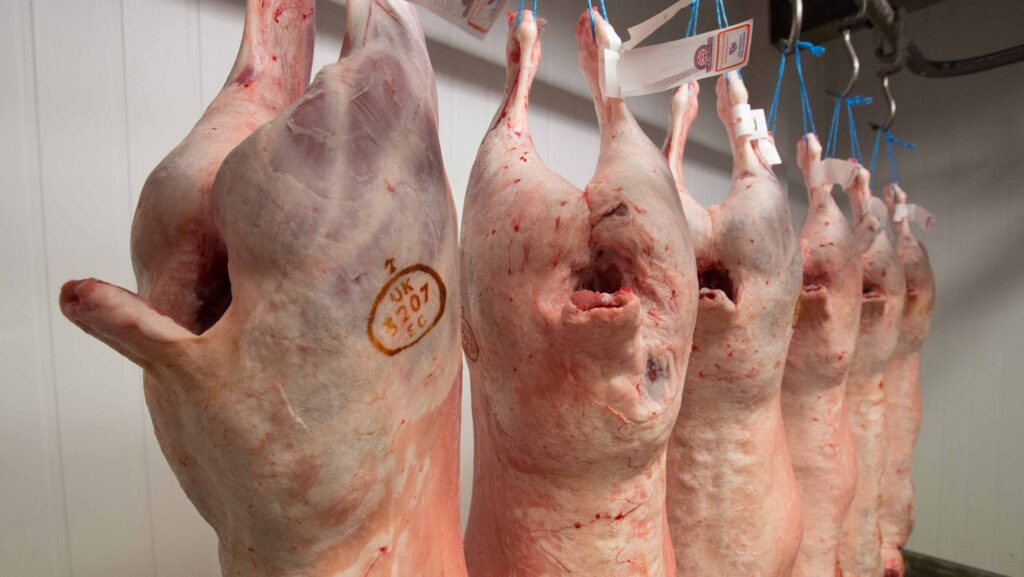FSA sheep slaughter survey shows high hygiene levels
 © Tim Scrivener
© Tim Scrivener The Association of Independent Meat Suppliers (Aims) has praised the findings of a recent Food Standards Agency (FSA) study investigating microbiological contamination in sheep slaughtered for human consumption in England and Wales.
The study examined culled ewes and lambs that had passed veterinary inspections to assess the presence of harmful pathogens on their carcasses.
A total of 1,282 carcass swabs were collected from 12 abattoirs in England and Wales between February 2023 and January 2024.
See also: Abattoir sector near ‘tipping point’ warn meat processors
The pathogens tested included Salmonella, Campylobacter, Enterobacteriaceae, and E. coli.
The key takeaway was that only a very small percentage of carcasses showed trace levels of these pathogens, suggesting that abattoirs maintained excellent hygiene standards.
The study also found that only a small fraction of sheep with foodborne pathogens in their intestines had those organisms present on their edible parts, reinforcing the effectiveness of current hygiene practices.
Aims echoes the stance of the European Food Safety Agency (Efsa), which is seeking reform of current outdated meat inspection practices, arguing that these provide no substantial food safety benefits without microbiological testing.
“Visual meat inspections – the standard practice – do not detect harmful microorganisms, which are invisible and not correlated with visible contamination,” said Stephen Lomax, head of legal at Aims.
Aims, the principal organisation representing the wholesale meat trade in the UK, says the most important safeguards for public health are ensuring thorough cooking of meat and taking precautions to avoid cross-contamination between raw and cooked foods in the kitchen.
The survey of micro-organisms on sheep carcasses in England and Wales was conducted to address a gap in evidence, as the last similar survey was carried out in 2003.
